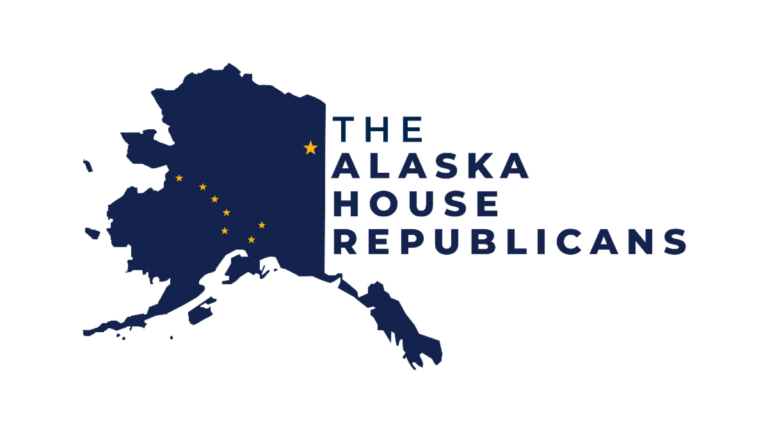By Marcus Moore
Paul Bauer is right about one thing: Alaska needs energy and competence. Where I disagree is in the diagnosis of the problem, and who bears responsibility for fixing it.
I am not a 21-year-old activist shouting from the cheap seats, nor am I a 65-year-old gatekeeper guarding institutional memory like a family heirloom. I am 40 years old. I sit squarely in the middle, old enough to have watched multiple political cycles fail, young enough to still feel the consequences coming next.
From this vantage point, what some older leaders interpret as “arrogance” from younger Alaskans often looks like something else entirely: earned skepticism born from exclusion, stagnation, and broken promises.
The Problem Isn’t Age. It’s Access.
Alaska’s political system does not suffer from a lack of respect for elders. It suffers from power never being handed down.
For decades, leadership roles within party politics, especially in Alaska, have been concentrated within tight inner circles. Advancement is less about merit or results and more about proximity to influence, loyalty to donors, and willingness to wait your turn. The problem is that the turn never comes.
If you are 30 or 40 and politically active in Alaska, you already know these truths: You are encouraged to volunteer endlessly. You are told to campaign “for the cause.” You are asked to trust a system that never promotes you into decision-making authority.
This is not humility training. It is containment.
Young Alaskans Aren’t Rejecting Wisdom— They’re Rejecting Stagnation
Younger Alaskans, Zoomers and Millennials alike, are not dismissing experience wholesale. What they are rejecting is a political message and structure that has not meaningfully changed despite decades of failure.
Consider these facts:
- Unaffiliated and independent voters outnumber Republicans and Democrats combined in Alaska by nearly 2:1.
- Youth voter participation remains inconsistent, not because of apathy, but because of deep distrust.
- Alaska continues to lose young professionals, tradespeople, and families due to economic instability, housing costs, and lack of opportunity.
Yet the messaging remains the same. The leadership remains the same. The outcomes remain the same. At some point, skepticism becomes rational.
Gatekeeping Creates the Very “Arrogance” Being Criticized
When younger activists push back sharply, it is often framed as entitlement. But from the inside, it feels like this: “You want our labor, our time, our creativity, our digital skills, but not our ideas, authority, or leadership.”
That breeds frustration. And frustration, when ignored long enough, turns into bluntness. If wisdom is not shared, if mentorship is performative, if authority is hoarded instead of stewarded, then what looks like disrespect is often a response to betrayal.
Alaska Runs on Logistics— But Also on Trust
Paul Bauer is right that Alaska is built on logistics, relationships, and trust. But trust is a two-way contract. You cannot tell younger generations to “earn leadership” while denying them meaningful access to decision-making, transparency in party operations, and a seat at the table where strategy and money move.
Experience is only valuable when it evolves. Otherwise, it becomes inertia.
This Isn’t a Youth Revolt. It’s a Demand for Renewal.
No serious younger Alaskan I know believes memes replace governance. What they believe, correctly, is that governance without accountability is just ritual.
They have watched wars justified on false premises, economic systems rigged against first-time buyers, and institutions promising reform but delivering optics.
So, when they say, “the system is outdated,” they are not rejecting democracy. They are rejecting a closed loop of insiders pretending that continuity equals stability.
The Bridge Goes Both Ways
If Alaska’s older leaders want respect, they must offer something more than lectures on humility.
They must mentor with the intention to replace themselves. They must share power, not just advice. They must accept that legitimacy today is earned through results, not tenure.
The future will not be built by silencing young frustration or by romanticizing past authority. It will be built when experience stops guarding the door and starts opening it. Because the younger generation is not trying to burn Alaska down. They are trying to take it back from systems that no longer serve the people who live here. And if that message feels uncomfortable, it might be because it is overdue.











